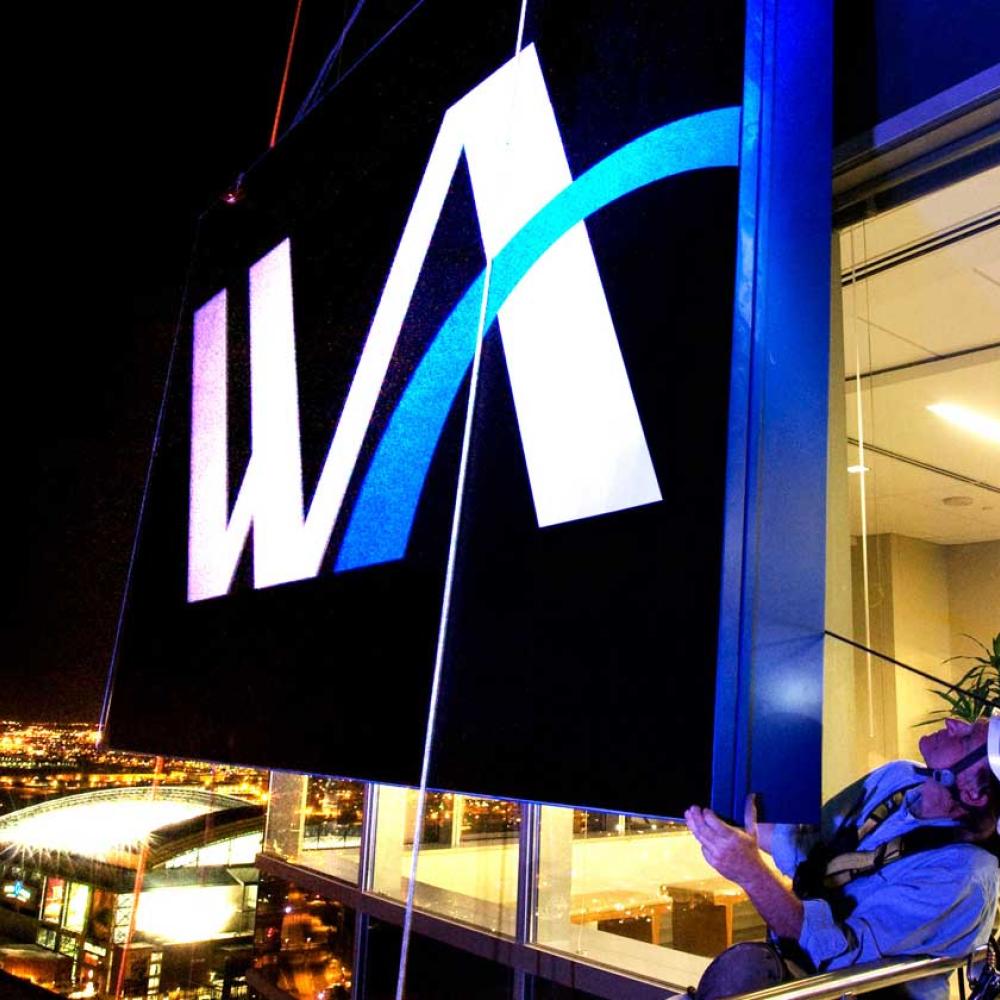A Closer Look at the SBA 7(a) Loan Program: Financing for Business Acquisitions and More
For American business owners, the U.S. Small Business Administration (SBA) can be a valuable resource. A federal agency with a mission to help Americans start and grow small businesses, the SBA offers a wide range of financing options for qualifying businesses through its loan program.
Among the most flexible of these options is the SBA 7(a) loan, designed for businesses looking to grow. These loans can be used for working capital, purchasing inventory, buying equipment or commercial real estate, or refinancing existing debt.
What Are the Advantages of an SBA 7(a) Loan?
Like all SBA loans, SBA 7(a) loans are guaranteed by the Small Business Administration. This assurance mitigates some of the associated risks for bank lenders, like Western Alliance Bank. This means banks can lend to a broader range of borrowers, including newer businesses that may not qualify for conventional financing.
The SBA 7(a) loan is the most accessible type of SBA loan, with fewer restrictions than the SBA 504 loan. It offers the following attractive features:
- Loan amounts up to $5 million
- Real estate down payments as low as 10%
- For commercial real estate, repayment terms up to 25 years
- For machinery and equipment, working capital or inventory, repayment terms up to 10 years
- No balloon payments
- No prepayment penalty for loans with a term of less than 15 years
What Are Appropriate Uses of SBA 7(a) Funds?
Western Alliance Bank offers SBA 7(a) loans at competitive rates to finance a variety of business needs. Companies commonly use it to acquire an existing business or finance part of a business acquisition. The SBA 7(a) loan is also appropriate for many other purposes, such as:
- Working capital
- Purchasing inventory
- Buying equipment or real estate
- Refinancing existing debt
- Purchasing an existing business
Is an SBA 7(a) Loan Right for You?
As with any loan, qualifying borrowers must demonstrate the ability to repay the loan. To be eligible for these loans, businesses must be for-profit, based in the United States, and meet the size requirements outlined in SBA guidelines. Western Alliance typically uses the Alternative Size Standard, which outlines a maximum tangible net worth of $20 million and two-year average net income of no more than $6.5 million.
In most cases, qualifying businesses can use SBA loans in combination with other types of financing, including additional SBA loans. Learn more about the differences between SBA 504 and 7(a) loans.
Get an Assessment for Your Business
Due to its lower collateral requirements, the SBA approval process requires extensive documentation. Working with a preferred SBA lender, such as Western Alliance, can smooth the process. Contact our dedicated team of business banking experts to discuss current rates and how to identify the ideal solution for your financing needs.

Western Alliance Bank
Western Alliance Bancorporation (NYSE:WAL) is one of the country’s top-performing banking companies. Its primary subsidiary, Western Alliance Bank, Member FDIC, is a leading national bank for business that puts customers first, delivering tailored business banking solutions and consumer products backed by outstanding, personalized service and specific expertise in more than 30 industries and sectors. With $90 billion in assets and offices nationwide, Western Alliance has ranked as a top U.S. bank by American Banker and Bank Director since 2016. In 2025, Western Alliance Bancorporation was #2 for Best CEO, Best CFO and Best Company Board of Directors on Extel’s All-America Executive Team Midcap Banks list.

1. All offers of credit are subject to credit approval, satisfactory legal documentation, and regulatory compliance. Borrowers are responsible for any appraisal and environmental fees plus customary closing costs, including title, escrow, documentation fees and may be responsible for any bank fees including bridge loan, construction loan, and packaging fees.